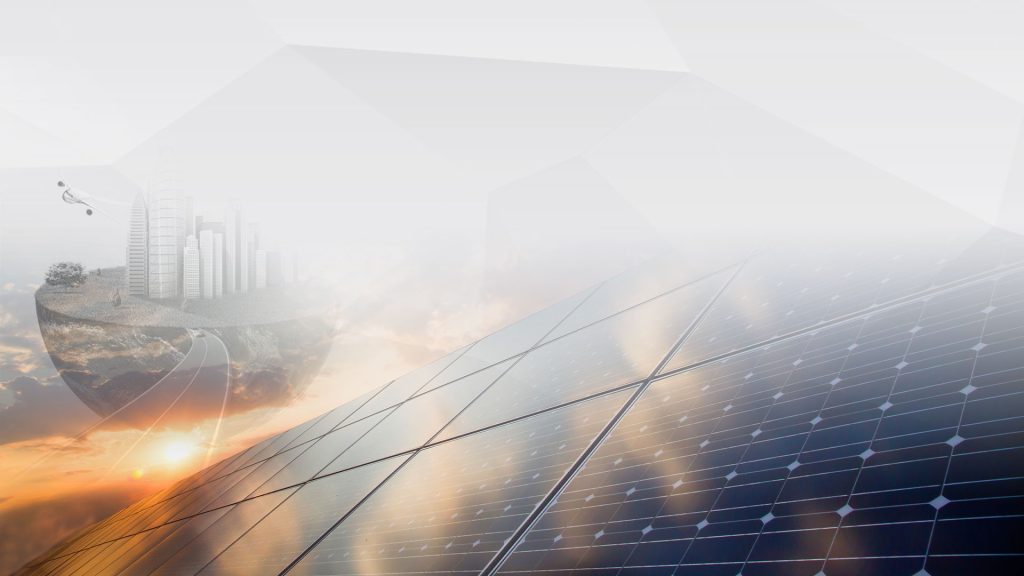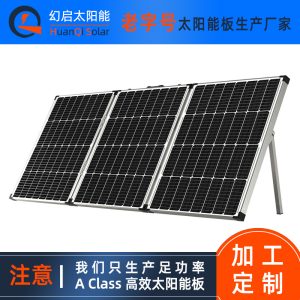Development of solar panels in the field of transportation
As more and more people and industries rely on different solar energy technologies (such as solar panels) for power generation, the dependence on solar energy is rapidly increasing. Currently, solar panels can provide a large amount of energy for family life, and can be self-sufficient in a short time after installation. In addition, solar energy has recently been applied to transportation, and with the development of solar cars, it has expanded to public transportation, air transportation, and maritime transportation.
Marine solar panels
Marine solar energy has several advantages, including reducing carbon emissions, diesel costs, and significantly reducing noise levels. Depending on the type of solar panel and charging controller system, the industry has developed to provide shipowners with a variety of solar options
Glass panels: Provide maximum power at a lower cost, making them the most popular panel type. Glass panels can be divided into two types: polycrystalline and monocrystalline. Polycrystalline silicon is cheaper, and of course, has lower conversion efficiency, so it occupies a larger area. Monocrystalline silicon is more expensive, but it is highly efficient, so it takes up less space.
Flexible solar panels: In the past, they were limited to “amorphous” solar technology, but now they can relatively fit the radian of the ship’s surface.

Installing solar panels on board
When considering installing solar panels on ships, several factors need to be considered. Insufficient space is one of the main obstacles. Based on this, solar panels must have space and allow the possibility of walking on them to maximize the use of available space. Some panels have been developed to allow suspension on the mast, optimizing all possible spaces. In larger ships, glass panel solar panels can be installed to provide maximum power at the lowest cost, but they cannot be walked on.
solar panels Installation phase
Similar to all solar installations, the process of installing solar panels on board a ship can be divided into several stages:
The first stage of the process is to conduct an electrical power assessment of the vessel to determine how much electricity the vessel uses per day.
Using this information, you can determine how much energy a solar panel should generate, and thus how large a panel is required.
Finally, decide which type of panel to install and choose between glass and flexible panels.

Benefits of solar panels on board ships
By installing solar panels, the cost of maintaining and operating ships can be greatly reduced. If a high-performance solar system is installed, the ship can maintain itself and completely eliminate fuel costs. The load on the battery pack will be reduced, which is easier and cheaper than generating more power. Carbon dioxide emissions will also be reduced, and noise will also be significantly reduced.
Improving the efficiency of solar panels is often the first step in any power system upgrade. By carefully selecting the equipment to be powered, you can significantly save on average daily energy requirements. Having an efficient power strategy requires smaller battery packs, smaller solar panels, smaller wind turbines, smaller cables, and a lighter total system weight.

If you want to know more about solar panels, please contact us, the solar panel manufacturer – Huanqi Technology (Shenzhen) Co., Ltd.














